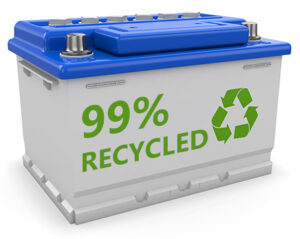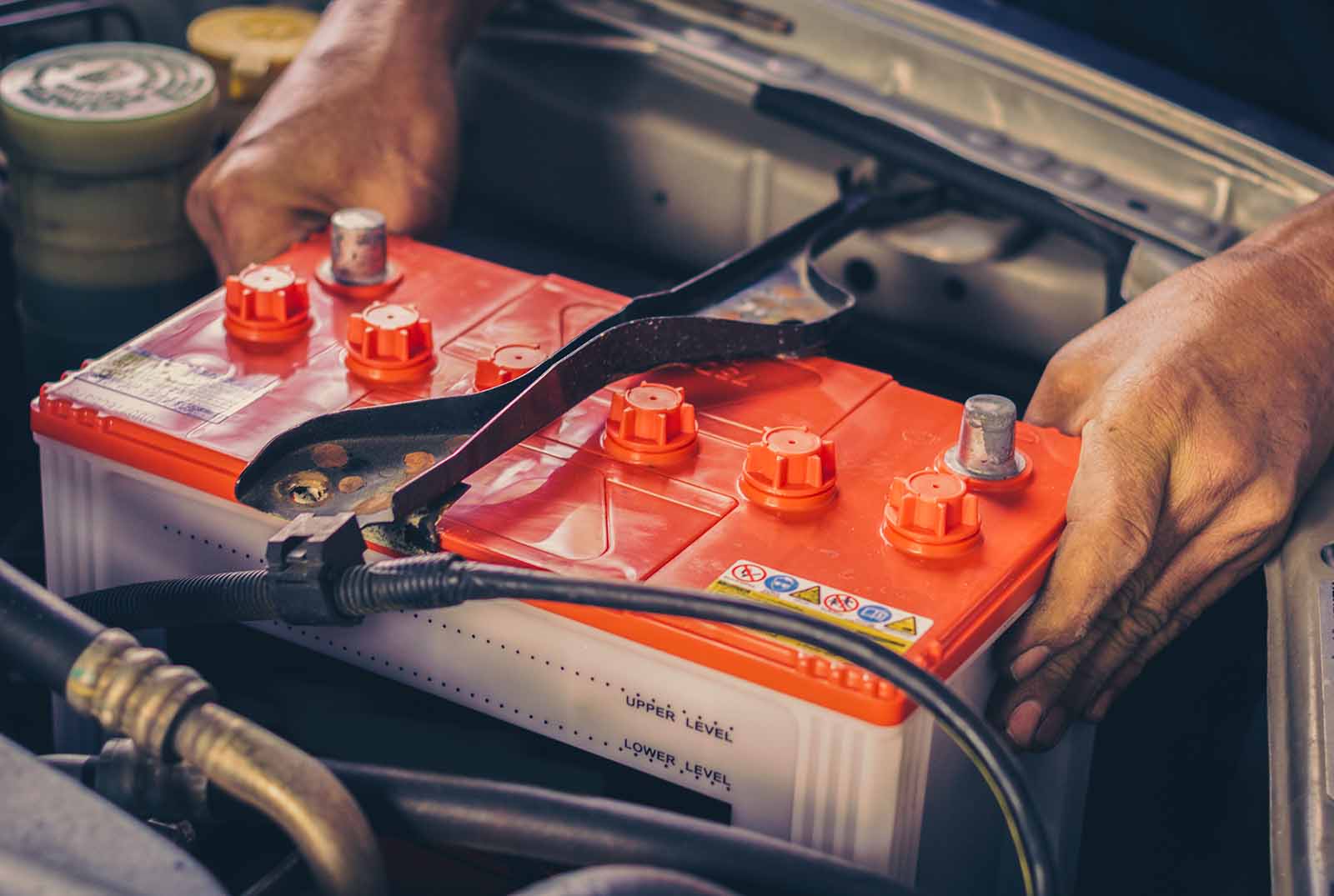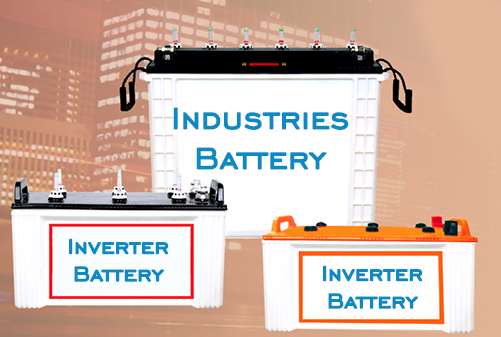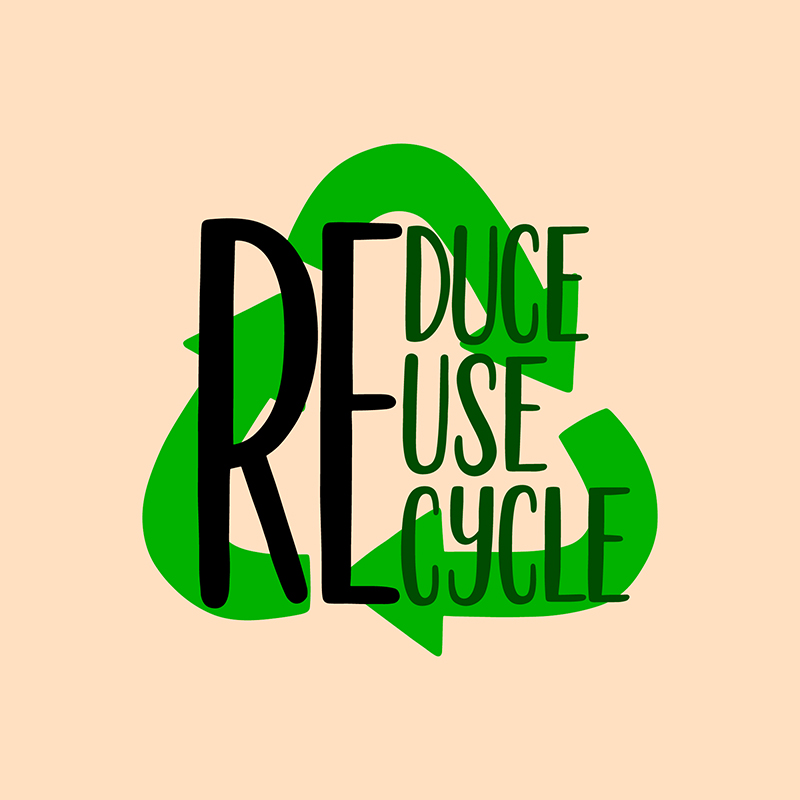Types of Batteries

Type of Batteries
Batteries are essential part of daily life and it is important to dispose them properly. At Hindustan Lead alloy, we recycle all kind of batteries. Not only that we provide competitive pricing for all products. We follow eco-friendly recycle process that minimize wastages and produce quality material using advanced technology.

Car Battery
We are fully equipped with advanced machineries to recycle old car batteries or automotive batteries. There are several kinds of car batteries available. We do proper research to understand the battery type, environmental impacts, and legal obligations to ensure the fully competent recycling process. Car batteries contain lead-acid, nickel-cadmium, and lithium-ion. Disposing of each of them has different guidelines. Depending on the type of car battery the recycling process differs. We offer expert battery recycling’s that follow all rules and you can rest assured that all your battery-related waste is being safely recycled or disposed of.
Inverter Battery
Hindustan lead alloy is qualified recycler of inverter batteries. We understand the necessity of reducing its harmful effect and pushing green initiatives. To recycle UPS/inverter batteries we follow the Waste Electrical and Electronic Equipment recycling (WEEE) directive. Thus we become the market leader for these initiatives and providing eco-friendly services. We collect your old batteries and follow exact disposal methods considering harmful environmental consequences. Depending on UPS battery type (lead-acid, nickel-cadmium, or lithium-ion) we follow specific guideline to recycle them properly.


Solar Battery
Solar energy become a highly appreciated the greenest renewable energy sources for commercial and residential properties. Solar batteries are combined with solar charger to store solar energy and use it at any time using inverter. But solar batteries have very limited lifetime and therefore it requires proper disposal.
There are 2 types of solar batteries are mostly available.
· Lithium batteries (5% recycle rate)
When its lifespan expires or damaged it is important to dispose them in separate plastic bags. Surprisingly, even though the battery may not be able to provide power any device but still it has little power left inside that can cause leak or explode when jammed together. Hindustan Lead alloy recyclers can limit their environmental impact when they reach the end-of-their-life and help them with cost-effective eco-friendly recycle process to extract valuable substances from these lithium and lead-acid batteries.
Drained Battery
When a battery start losing voltage or energy in active or inactive states then it’s time to get a new battery. Drained batteries should be disposed properly or recycled instead of throwing into trash. The easiest way to dispose batteries is to return them to any store to resale. Hindustan lead alloy recyclers collect old batteries and electronics for recycling. We are engaged in proper recycling and create new products thus stops spreading toxic chemicals into the environment. Diverting these toxic metals from landfill and recycling them don’t allow leak out of landfills and pollute drinking water.


Lead-based batteries
Lead batteries are highly recyclable and have a recycling rates of more than 90%. These batteries store energy for off-grid solar power systems and can be recycled into parts for new batteries. Lead batteries contain several valuable metals, plastics that are recovered including zinc and iron. But lead is highly toxic but expensive substance and can leak into the environment when they are end up in landfill. Therefore recycling lead-based batteries requires to follow strong guidelines to ensure that the different parts are safe to reuse. They are crushed and sorted into requisite components using multistep metallurgical process.

Reduce, Reuse, Recycle
Batteries used in devices should not dump in recycle bins or within household garbage. Most of these batteries contain several harmful but valuable materials like mercury, cadmium, lead, lithium, zinc, nickel, and silver. One should be more cautious before disposing of batteries improperly. Dumping them in landfills or incineration leads to dangerous explosions. That not only an immediate threat to others as well as contribute to environmental damage. Also this lead to destroy of this ideal resources and affecting economy. So whether these dead batteries are used or discharged it needs to be disposed properly.
